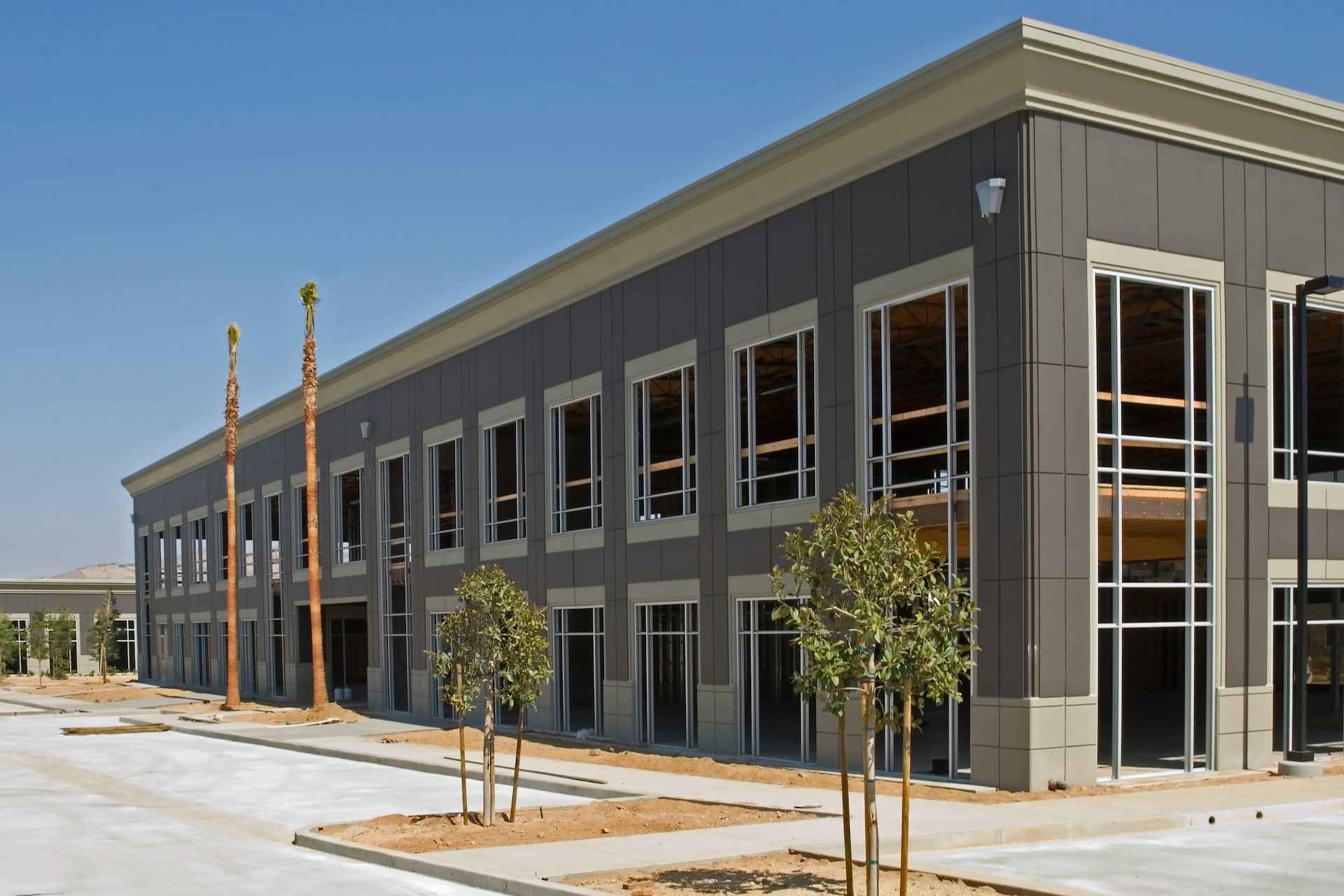10 Problems in Cannabis Mortgage Financing
From 2016-2017, I received five calls a day from people looking for hard money loans on cannabis properties. I spoke to a variety of people and heard...
3 min read
 Ted Spradlin
:
Mar 27, 2017 3:26:07 AM
Ted Spradlin
:
Mar 27, 2017 3:26:07 AM

If you're a Golden State real estate investor with tenants in the legal marijuana business, you'll want to know your financing options to use mortgage debt as leverage against your property. California cannabis landlords have the benefit of plenty of private capital from hard money lenders, as well as state-chartered banks and credit unions that offer mortgages for cannabis property investors.
This blog post will cover the following loan programs available to California cannabis landlords:
Let’s dive into the details….
Before we begin, I want to mention that “hard money” and “private money” are essentially the same thing. The phrases both refer to the same type of short-term loan (usually a bridge loan) made by a non-institutional lender — which could be an individual, multiple individuals aggregated by a mortgage broker like me, or a mortgage fund (debt fund). For simplicity, I’ll refer to these loans as "hard money" in this post.
Hard money bridge loans for licensed cannabis use can span 6-36 months. Often, investors use bridge loans to quickly acquire a property or take cash out for a variety of reasons (tenant improvements, funds for down payment on another property, etc.)
Over the past decade originating hard money bridge loans on cannabis properties, I've seen terms come in around the following range:
To pull cash out of the property, most hard money bridge lenders factor both loan-to-cost (LTC) and loan-to-value (LTV).
For example, imagine the purchase price was $2 million, plus $500,000 for out-of-pocket building improvements (not for lighting, hydroponics, etc., which are considered personal property). With a finished appraised value at $3 million, a lender may do a bridge loan at $1.5 million (60% LTC or 50% LTV) up to $1.75 million (70% LTC or 58.3% LTV). Most bridge lenders will do the lower loan amount of the LTC or LTV.
The majority of cannabis property loans we’ve originated over the years have been long-term, ranging from five years to a 20-year term with a balloon payment due in 10 years. Most of the longer-term loans have been on cannabis cultivation properties, since grow facilities have been unable to access bank or credit union financing (below).
Long-term hard money cannabis financing generally has the following price range:
The majority of long-term loans we’ve originated had a 15-year term, and as of this writing in 2023, many are still on the books with the private lenders seven or eight years later.
If you’re a landlord leasing to an indoor or outdoor cannabis grower, long-term hard money financing may be the route to take.
Over the years, FCTD has had borrowers who were able to refinance out of their higher interest hard money loans into commercial bank mortgages, through a few different California state-chartered banks. Here’s the link to the Directory of State-Chartered Banks in California, a helpful resource in your search for long-term bank financing.
Some of FCTD’s cannabis landlord borrowers went from hard money interest rates of 10.00% to 13.00%, down to prime + 1.00% to 1.50% on five-year terms. During 2020-2022, when interest rates were at record lows, borrowers could lock in rates in the low 5.00% range for five years.
When banks underwrite cannabis rental properties, they use market rents that a non-cannabis tenant would pay rather than the inflated rents cannabis tenants often pay. Using market rents rather than actual cannabis rents can reduce the leverage to 50% LTV.
Below is a sample commercial bank loan pricing model from late 2022, when prime was at 7.75%, with a note rate of 8.75% (prime + 1.00%):
Credit unions have similar pricing and requirements as state-chartered banks. Most people in the cannabis industry know the credit unions that lend on cannabis properties — so it’s a matter of asking around to other people in the industry. There's also a list of California state-chartered credit unions to find a lender close to your cannabis rental property.
Unlike most states where marijuana is legal, there are lots of financing options for California cannabis landlords. Hard money lenders, along with state-chartered banks and credit unions offer mortgages secured by cannabis real estate, helping investors increase their return on investment. While banks and credit unions will have more attractive terms, hard money lenders are willing to finance more cannabis-related properties.

From 2016-2017, I received five calls a day from people looking for hard money loans on cannabis properties. I spoke to a variety of people and heard...

First Capital Trust Deeds (FCTD) originates short-term agricultural hard money bridge loans for ranchers, farmers, vintners, and cannabis growers...

If you're a real estate investor or entrepreneur in California, a hard money business purpose HELOC (home equity line of credit) gives you quick...